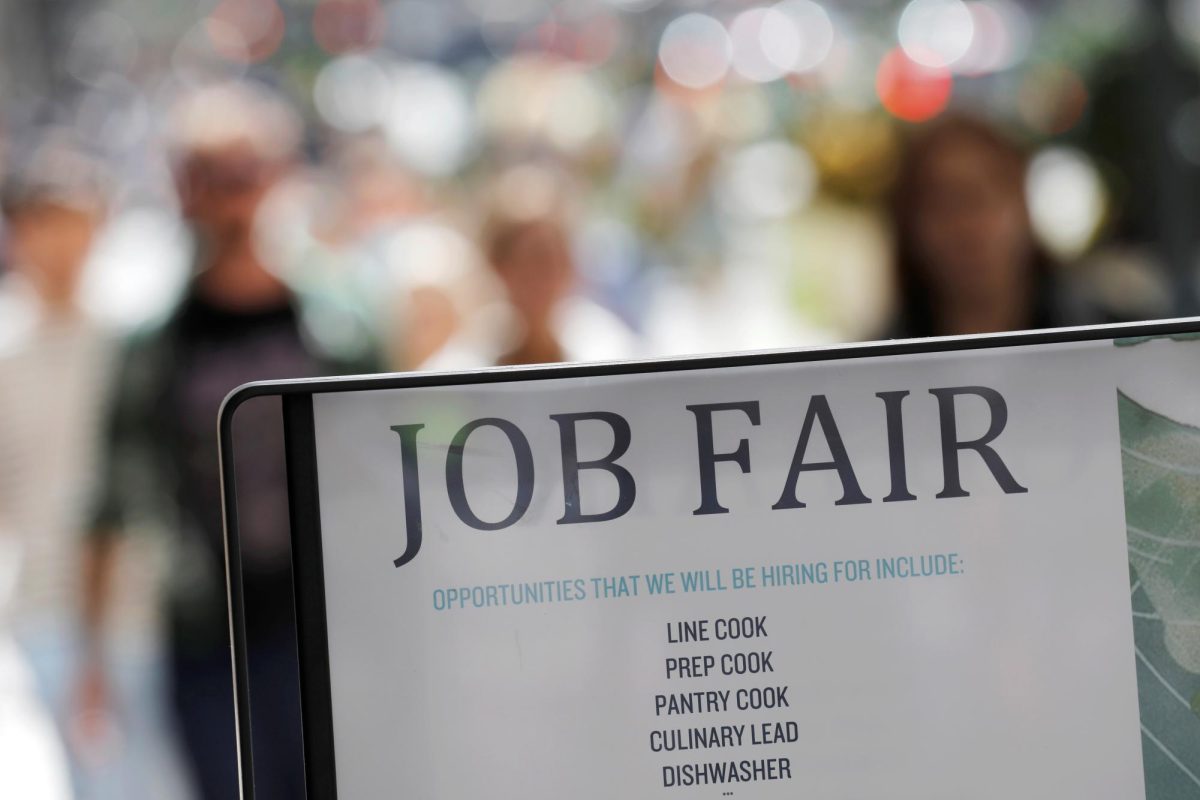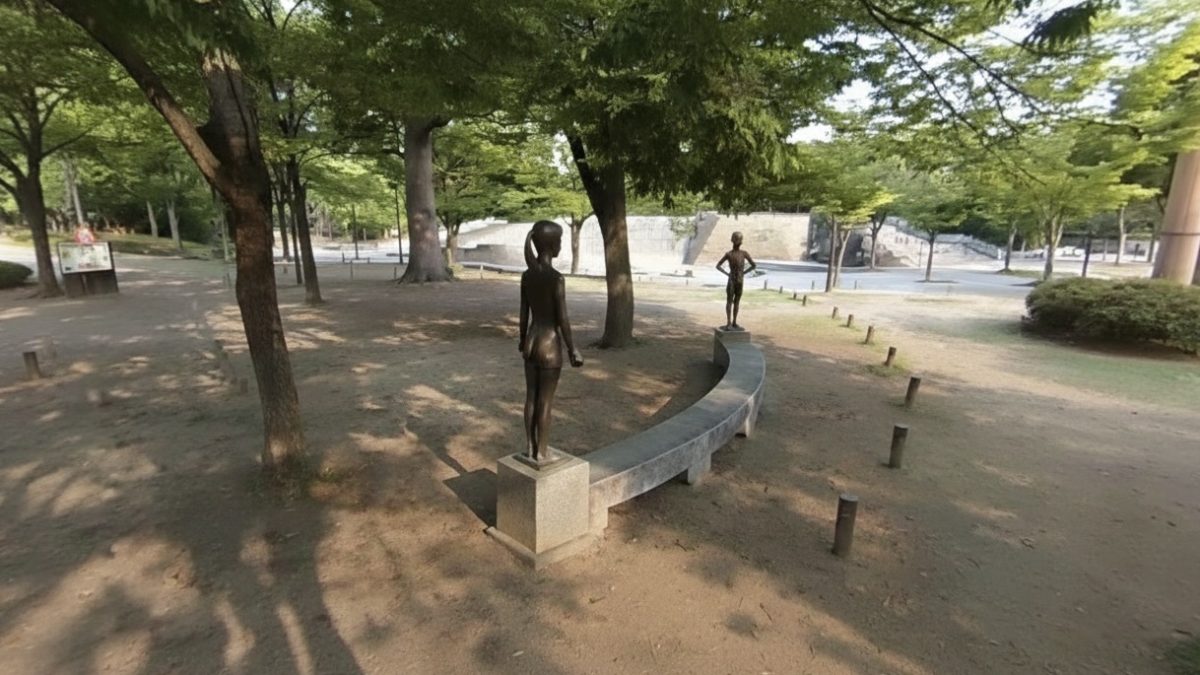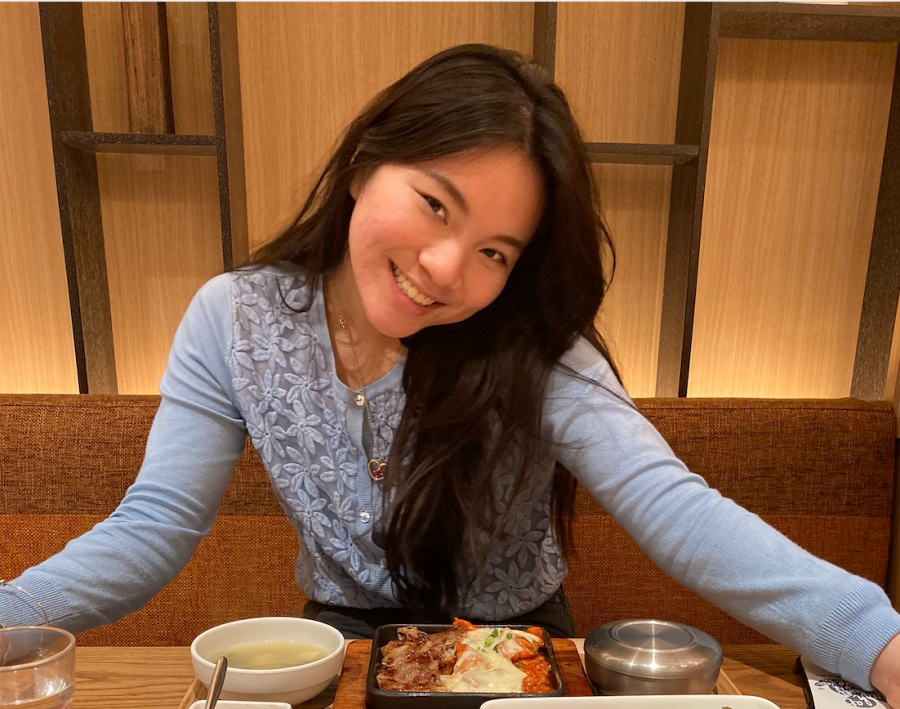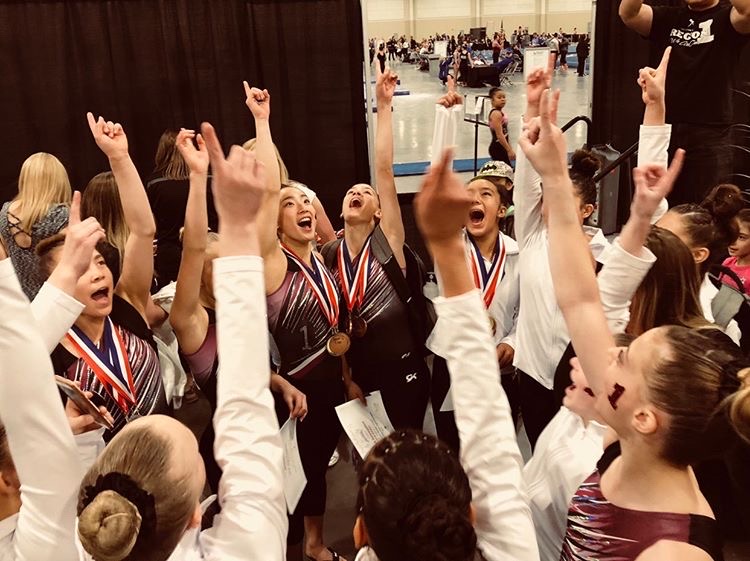The college admission process, especially for highly selective schools, has become a game in which the rules favor those who can win the game through privilege. According to the most recent Common Application data, total college applications reached 6,716,246 by January 1, 2025, marking a 7% growth in students submitting applications compared to the applications submitted by the same date last year. While getting into your desired college was easier in the past, recent statistics prove otherwise. “Changing Difficulty of Getting Into Your College, Past Two Decades,” written by Nathan Yau on Floating Data, reveals that rather than the universities becoming more selective, it is instead applicants increasing that leads to getting a spot at the university being highly competitive. For instance, UCLA received 40,739 applicants, a number that increased by 3.7 times by 2022. Similar trends are evident at institutions like Washington University in St. Louis and Emory University, making the competition for college admissions fiercer than ever.
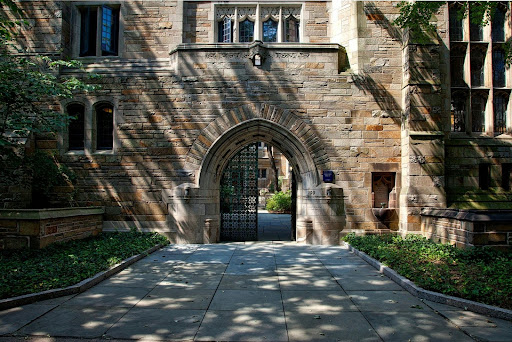
As applying to selective universities becomes increasingly competitive, the necessity for uniqueness and memorability becomes crucial. Several websites, such as Crimson Education, Ivy Coach, and Solomon Admissions, have targeted these high school students and encouraged them to spend money and time on “branding.” But what exactly is branding, and why should high school students create one?
A “personal brand” is defined as an individual developing a reputation and an identity that builds upon their skills, values, and goals, demonstrating how they are portrayed and perceived by others. The importance of the “personal brand” is that it allows you to differentiate yourself from others and stand out from the crowd. How you present yourself, the adjectives you use in your essay, and the extracurriculars you put in now must reflect the very essence of your individuality or personal brand. With every step of the college admissions process an individual takes, the more carefully crafted the narrative becomes. Students are therefore encouraged to begin networking with college professors, establish an online presence, and create accounts that portray the best self that they can be. This encouragement may even start as soon as the students reach eighth grade or earlier. At the same time, students are encouraged to build their personal brand to network and prepare themselves for the world.
However, with this shift towards personal branding amongst students, several concerns arise—the main issue being authenticity. Many students have asserted that they feel as though they’ve created a persona of themselves rather than representing themselves accurately. Additionally, instead of genuinely taking time to explore individual interests, students prioritize sticking with what matches their brand and do not stray away from it. According to the Harvard Summer School, it is even necessary to clean up your social media accounts and begin networking to extend your reach early on. Even when students should be prioritizing academics and personal interests, they are now encouraged to create links that will show the admission officers the branded version of the applicant on websites like LinkedIn.
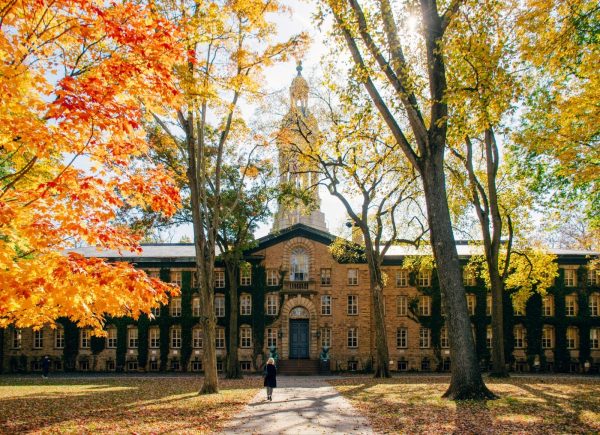
And why are these students encouraged to create a personal brand? Wealthy parents often prioritize getting their children into ‘Ivy-Plus’ colleges—elite institutions like Harvard, Yale, and MIT—and spending vast sums on private counseling to gain an edge. With a national student-to-counselor ratio of 405:1, private services have become a privilege for the affluent, as highlighted by Lakhani Coaching, where clients spend an average of $58,000 annually, sometimes up to $800,000. This raises concerns about whether college admissions reward genuine talent or favor those who can afford to build polished applications. Research from the National Bureau of Economic Research reveals that students from the top 1% income bracket have more than double the acceptance rate at Ivy-Plus schools compared to middle-class peers with identical test scores.
These concerns are not only in the media but also quite present in real student experiences at Sacred Heart. When interviewed about their college application journeys, three high school seniors revealed their varying degrees of awareness and anxiety about the concept of personal branding.
Namya K., the current Executive Student Council Vice President and International Viewpoint Editor, admitted that she was quite conscious about personal branding early on in high school because her older sister had gone through the process. However, during her college application process, instead of choosing to focus on creating an artificial persona, she chose to make one that truly depicted the real version of her. “I went into high school just wanting to explore different things and find out what I actually liked to do,” she explained.
Though there were moments when she wondered if it might be easier to reinvent herself as someone different, in the end, Namya K. chose to present herself just the way she was as she knew that that would help her find her college match, and because the admission officers would know what kind of person she was. Rating her college application’s authenticity from a one to a ten, Namya confidently asserted that it was around a nine as she wrote about the actual experiences that shaped her. Despite this commitment to authenticity, Namya still faced significant anxiety about standing out. “When writing essays, you start thinking about how admissions officers are reading thousands of applications,” she said. “You begin to feel like there’s nothing interesting about you.”
Having written an article on authenticity, Namya advises the students to focus on their strengths rather than an artificially created brand: “Pick out what the strongest points about you are and emphasize those things.”
Yashvi M., the current Sports Council President, gained awareness of the concept of personal branding much later than Namya through social media apps like TikTok. As she approached the middle of her junior year, Yashvi began to stress about having a personal brand as she felt as though she was too late compared to others around her. This pressure initially pushed Yashvi towards inauthenticity. “At first, I did feel like I had to present myself as something I’m not,” she admitted. However, as she began to write her essays and list her activities, she concluded that she was enough, and through this realization, the stress slowly went away. When asked if she deliberately avoided aspects of herself that didn’t match with her ‘brand’, she replied: “No. I don’t think so. I think it’s really important to be completely honest with everything you do.”
Looking back, Yashvi feels as though she would have approached the college application process with more balance. Advising the next cohort, Yashvi emphasizes that personal branding is still important, but ensuring that one’s personality does not get overshadowed is vital. Stating: “Your true authentic self will be what’s best for your college application, and you shouldn’t fake something or try to do random new activities to make yourself look better.”

Nina W., the current Fine Arts Council Vice President, states that she didn’t exactly encounter the concept of personal branding but rather found it more cohesive for her college application process if she created a story. Particularly worried about standing out in a competitive field, Nina stated: “There are probably lots of people with my same grades and stats and dreams because I was writing about going to med school. That’s a really popular option.” Aware that she needed to create a clever narrative for her applications, she began to write her college essays in early August of her senior year to prevent overwhelming herself. While rating her application’s authenticity, Nina voted an eight out of ten, noting that she couldn’t tell her whole story as there wasn’t enough space. Nina concluded, “At the end of the day, there’s nothing you could do,” reflecting the resignation many students feel.
For those wishing to gamble on the uncertainties of highly selective admissions, it is important to recognize that today’s process is far less predictable than it was 5-10 years ago. While there may be a school that matches your values and goals perfectly, today, success requires adjusting one’s expectations and accepting that there are outcomes that are largely out of your control. If you decide to play the game, remember that rejection isn’t a measure of your worth or potential. Instead, embrace the college admissions process as a chance for growth. Ultimately, staying true to yourself is the best way to create a future that’s authentically yours.

